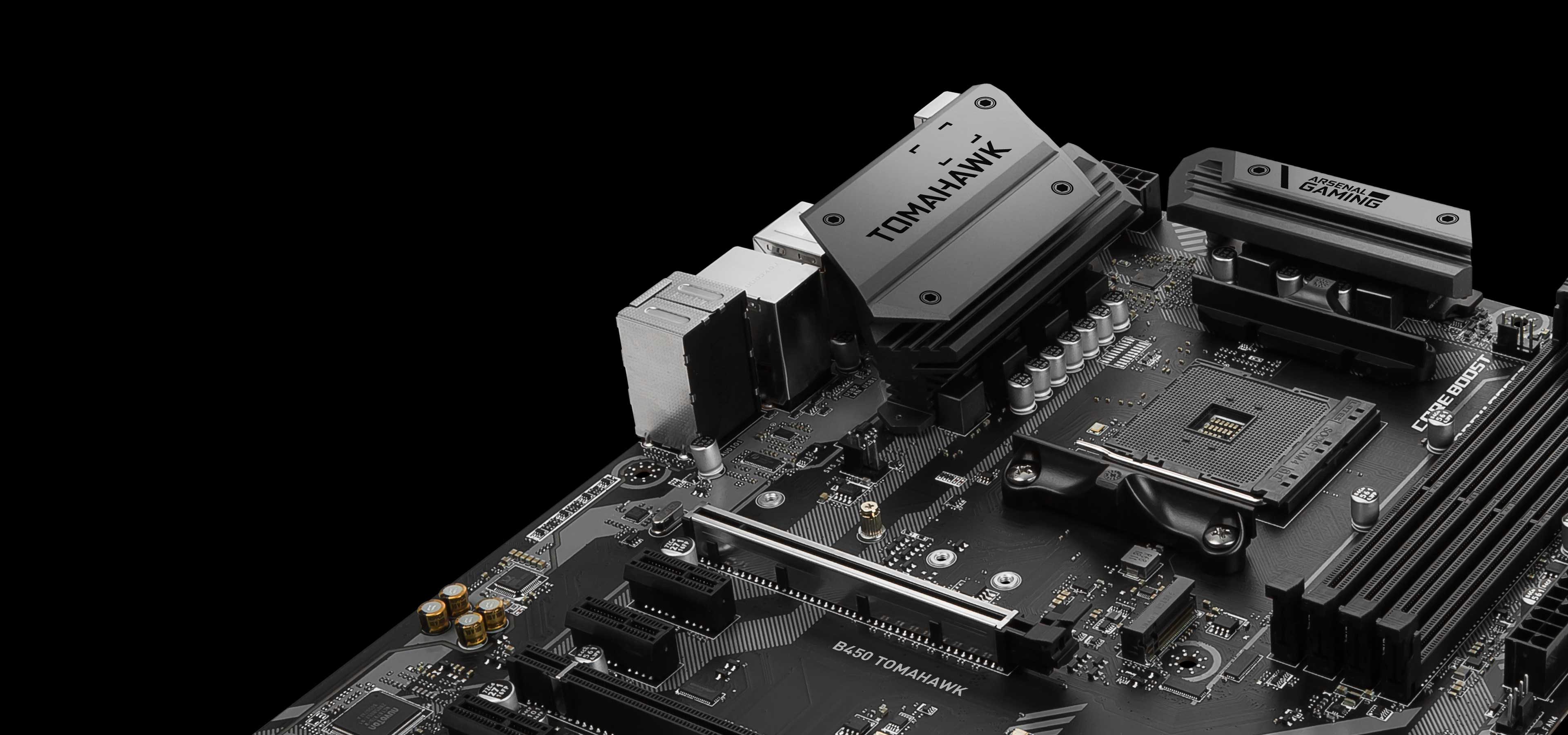I ordered a Ryzen 3800x, and I was wondering whether a more expensive motherboard is worth it. I am planning to get a MSI X570 Gaming Plus, and I would like to know if it's be worth investing more money into.
[SOLVED] Do more expensive motherboards affect performance?
- Thread starter DryGroceryBag
- Start date
You are using an out of date browser. It may not display this or other websites correctly.
You should upgrade or use an alternative browser.
You should upgrade or use an alternative browser.
Solution
Yes. Depending on how you look at. But yes, they do, no matter that most people will say they don't.
https://forums.tomshardware.com/threads/suggestion-on-cpu.3519909/post-21268812
There does however come a point at which good enough really is "good enough", and beyond which you are unlikely to actually see any difference in performance unless you are a competitive overclocker or are intending to run a full water cooled system with mono-block etcetera, or unless there are specific features not found on lower priced boards which you NEED to have. Then you can really put a price on it, if you require that it is there.
https://forums.tomshardware.com/threads/suggestion-on-cpu.3519909/post-21268812
There does however come a point at which good enough really is "good enough", and beyond which you are unlikely to actually see any difference in performance unless you are a competitive overclocker or are intending to run a full water cooled system with mono-block etcetera, or unless there are specific features not found on lower priced boards which you NEED to have. Then you can really put a price on it, if you require that it is there.
Darkbreeze
Retired Mod
Yes. Depending on how you look at. But yes, they do, no matter that most people will say they don't.
https://forums.tomshardware.com/threads/suggestion-on-cpu.3519909/post-21268812
There does however come a point at which good enough really is "good enough", and beyond which you are unlikely to actually see any difference in performance unless you are a competitive overclocker or are intending to run a full water cooled system with mono-block etcetera, or unless there are specific features not found on lower priced boards which you NEED to have. Then you can really put a price on it, if you require that it is there.
https://forums.tomshardware.com/threads/suggestion-on-cpu.3519909/post-21268812
There does however come a point at which good enough really is "good enough", and beyond which you are unlikely to actually see any difference in performance unless you are a competitive overclocker or are intending to run a full water cooled system with mono-block etcetera, or unless there are specific features not found on lower priced boards which you NEED to have. Then you can really put a price on it, if you require that it is there.
IntelTurtleFan
Dignified
Price is not performance. The motherboard does affect performance but not in the same way a different CPU/GPU does. Most gains come from overclockability/feature set rather than straight speed.
Darkbreeze
Retired Mod
The motherboard does affect performance but not in the same way a different CPU/GPU does. Most gains come from overclockability/feature set rather than straight speed.
Yeah, that's not accurate either. Not really. A poorer quality motherboard, which will of course be cheaper (Hence, directly related to COST), will or can absolutely have an effect on stability and boost behavior, not to mention PCI bus performance (Cheaper boards just DON'T have the same quality or performance, over ANY of the buses, because they are, simply put, not built as well and don't incorporate the same high quality components such as quality chokes, caps, switches, diodes, etc.) and also in almost ALL cases, the thickness of the PCB itself. Thin PCB tends to lead to an increased probability of early failure from flexion, which can and will allow a higher rate of damage to traces, solder points and other forms of breakage on the motherboard.
Since other components MUST rely on the motherboard, in order for them to have any value at all, it therefore stands to reason that in order for those components to perform at the highest possible level of performance that they are ABLE to, they must have clean, stable power delivery from the power supply in ample quantity, and a motherboard that is able to handle that power delivery and the demands of the hardware either by weight or electrical stress without breaking, throttling or otherwise dampening the performance of the hardware.
There is a REASON why many motherboard reviews include comparisons to other motherboards while performing the same tasks with otherwise identical hardware, and that reason IS because there are differences from one board to the next in how well they perform those tasks. They would not waste their time doing those comparisons if there were no fruit to be had for doing so.
I watched a video comparing X570 motherboards, the conclusion was the cheap MSI X570 boards have poor VRM circuitry and are best avoided if you are planning to ever use or upgrade to a high core count CPU.I ordered a Ryzen 3800x, and I was wondering whether a more expensive motherboard is worth it. I am planning to get a MSI X570 Gaming Plus, and I would like to know if it's be worth investing more money into.
In the video the guy recommended the Asus TUF X570 over the MSI
It’s important to look at reviews. I was looking recently at B450 boards and found some that have terrible VRM’s and overheat running a 3700X. However others have much better VRM design and can run a 3950X and perform the same in benchmarks as a good X570. Now this wasn’t overclocking the 3950X.
This is just one factor and as pointed out above there are other factors too. However the point is you need to look at reviews as price, branding and chipset alone don’t give you the full picture.
This is just one factor and as pointed out above there are other factors too. However the point is you need to look at reviews as price, branding and chipset alone don’t give you the full picture.
Darkbreeze
Retired Mod
I imagine that was this review, and I agree, it paints a pretty clear picture of how these differences can separate the wheat from the chafe.

 www.techspot.com
www.techspot.com

Ryzen 9 3950X on Good and Bad B450 Motherboards
As we anticipated when we reviewed AMD's new flagship 16-core Ryzen 9 3950X, rather than testing it on the very high-end Gigabyte X570 Aorus Xtreme, we want...
 www.techspot.com
www.techspot.com
TRENDING THREADS
-
News Windows 11 will reportedly display a watermark if your PC does not support AI requirements
- Started by Admin
- Replies: 19
-
-
-
Discussion What's your favourite video game you've been playing?
- Started by amdfangirl
- Replies: 3K

Tom's Hardware is part of Future plc, an international media group and leading digital publisher. Visit our corporate site.
© Future Publishing Limited Quay House, The Ambury, Bath BA1 1UA. All rights reserved. England and Wales company registration number 2008885.

